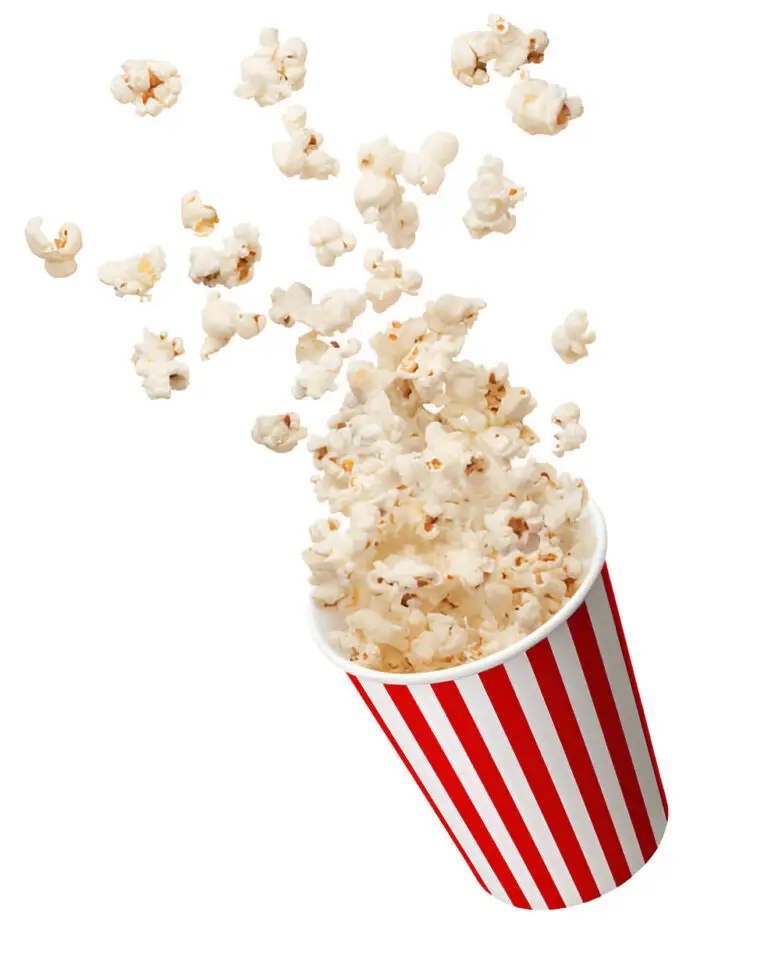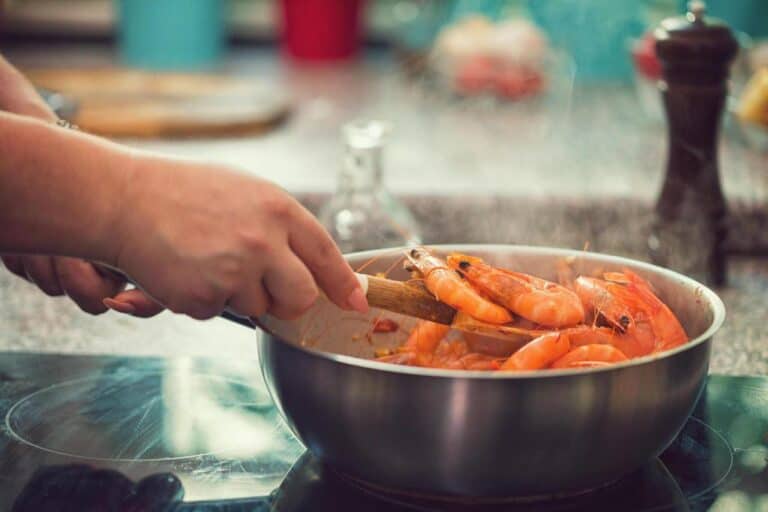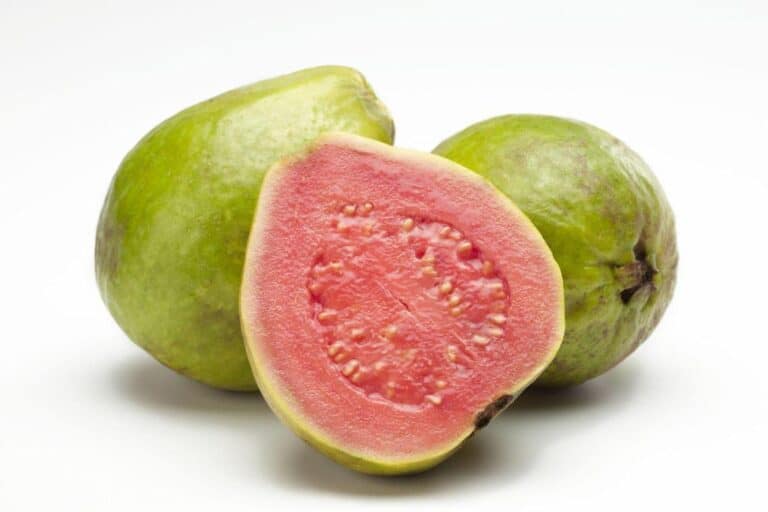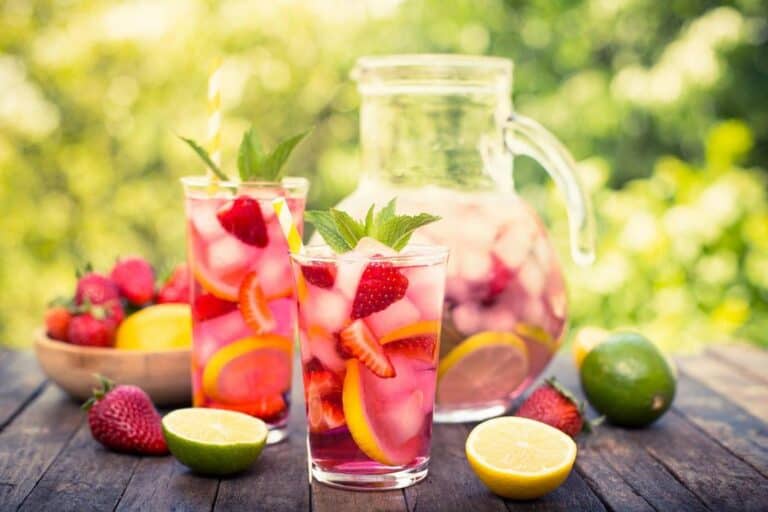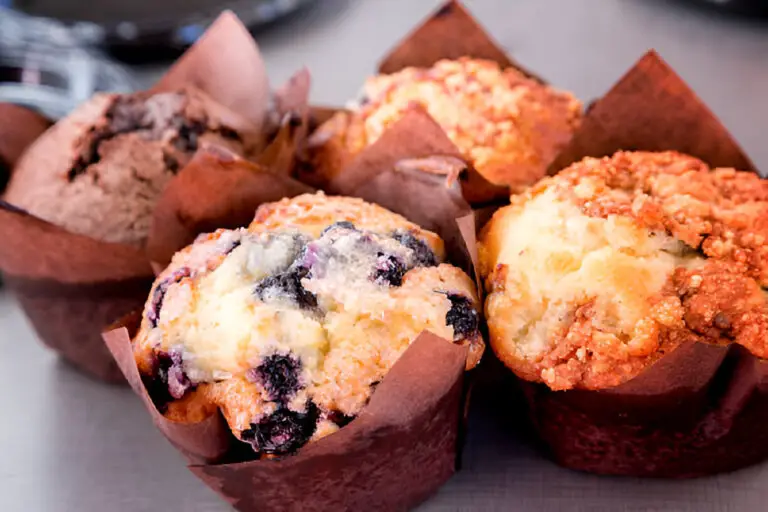Can You Drink Milk After Eating Salty Food? Here’s What You Need to Know
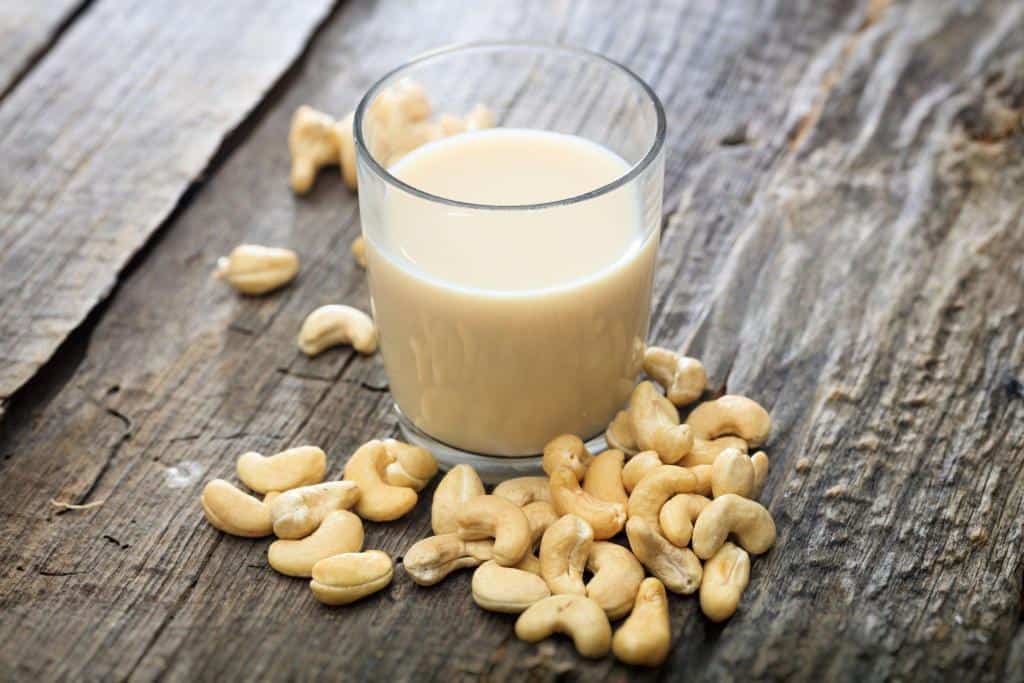
We’ve all been there: you’re munching away on some salty snacks, maybe chips or a big bowl of popcorn, when the craving for something creamy and soothing strikes. You think, “What would make this even better? A tall glass of milk.” It sounds like a perfect pairing, right? Salty meets sweet, crunchy meets smooth—what could go wrong?
But then, doubts creep in. Can you really drink milk after salty food without causing a gut explosion? Will the milk cancel out all that salt, or will it wreak havoc on your stomach? I’ve been there too, questioning whether this combo is a friend or foe. So, let’s dive into the science and the myths, and figure out what really happens when you drink milk after eating salty food.
The Salty Truth: What Happens When You Eat Salty Food?
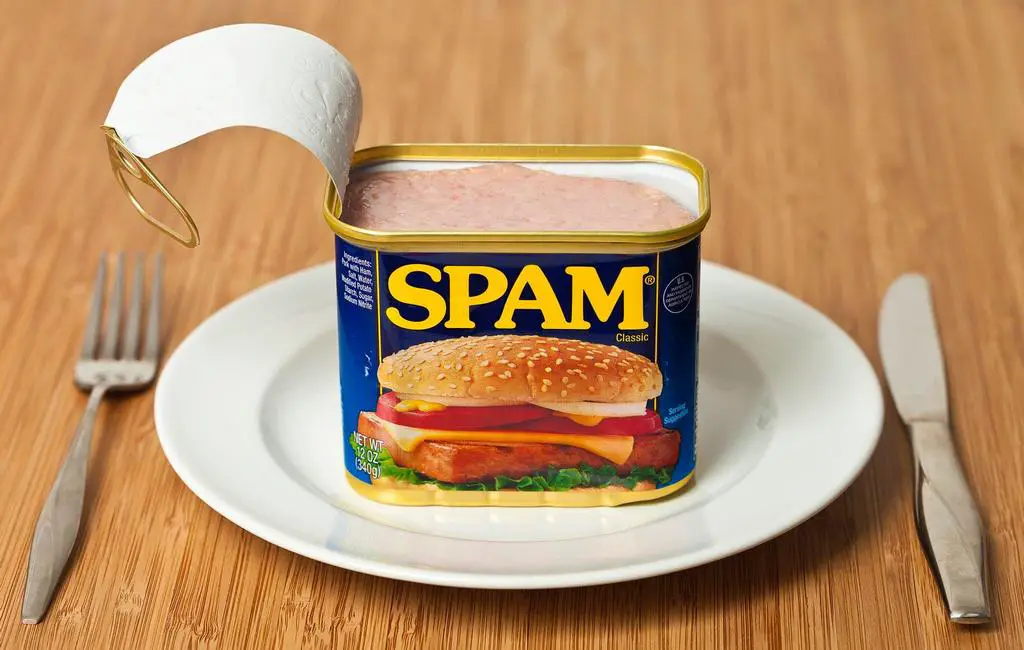
Before we get to milk, let’s take a look at what happens when we indulge in salty foods. Salt is a mineral we can’t live without, but like many good things, it’s best enjoyed in moderation. Too much salt, however, can lead to some unwanted consequences.
When you consume salty foods, your body immediately goes into “hydration alert.” Salt pulls water from your cells, leading to a thirst that seems unquenchable. That’s why you often crave something refreshing and hydrating after eating salty foods.
Your body is trying to balance out the sodium levels, and it does this by triggering thirst, so you drink more fluids to dilute the salt in your bloodstream and maintain the delicate balance of electrolytes.
Now, if you overdo it on the salty snacks, this imbalance can lead to dehydration, which is why you may feel bloated or even sluggish after indulging in too many salty foods. That’s where milk enters the picture. But is it really a hero, or could it be making things worse?
Milk to the Rescue? Let’s See
Milk is often considered a soothing and cooling drink, thanks to its creamy texture and natural sugars. But when you add salty food into the equation, things get a little murky. On one hand, milk is hydrating, which sounds like a good thing after salty snacks. But does it really help neutralize the effects of salt, or does it create an uncomfortable mix of its own?
Here’s what you need to know about how milk and salty food interact:
1. Milk Doesn’t Neutralize Salt
While milk is hydrating and rich in nutrients, it doesn’t exactly “cancel out” the effects of salty foods. The salt you consume doesn’t magically disappear after drinking milk. What happens instead is that milk may help soothe your throat, especially if the salt has left you feeling parched, but it doesn’t actually reduce the sodium concentration in your bloodstream.
Milk is rich in calcium and protein, which are good for you, but when it comes to salt, it doesn’t directly counteract the effects of sodium. If you’re drinking milk because you think it will reduce the bloating or the thirst caused by salty foods, you might be a little disappointed.
2. Milk Can Ease the Burn
That said, there’s a bit of truth to the idea that milk can help soothe the effects of salty food. If your salty snack happens to be spicy (think chips with a kick or some hot wings), milk can actually calm that burn. The casein protein in milk binds to the capsaicin in spicy foods, helping to neutralize the heat.
However, this doesn’t mean milk has the same effect on all salty foods. For regular salty snacks, it won’t necessarily “calm” your stomach, but it might feel good on your tongue, especially if you’re thirsty.
3. Milk Provides Hydration
While milk doesn’t neutralize salt, it is still a liquid. After a salty meal, your body craves hydration, and milk can help with that. It contains a good amount of water and can replenish some of the fluids you lost when you consumed that salty snack. However, water would probably do a better job at quenching your thirst.
If you’re really craving something creamy after salty food, it’s better to opt for a low-sodium drink like coconut water or a simple glass of water. These options will do a better job at balancing out the sodium levels in your body without causing potential discomfort.
4. The Gut Reaction: Will Milk Upset Your Stomach?
Milk can be a double-edged sword for some people. On one hand, it’s rich and soothing. On the other hand, it can cause digestive upset, particularly for those with lactose intolerance or sensitive stomachs. If you’ve ever experienced discomfort after drinking milk, it could be because your body has trouble digesting lactose, the sugar found in milk.
After consuming salty foods, your stomach may already feel a little off due to the salt’s dehydrating effect. Adding milk to the mix could be the straw that breaks the camel’s back, leading to bloating, indigestion, or even nausea for some. If you’re lactose intolerant or sensitive to dairy, drinking milk after salty foods might not be your best option.
The Pros and Cons of Drinking Milk After Salty Food
Let’s weigh the benefits and drawbacks of reaching for a glass of milk after that salty snack:
Pros:
- Hydration: Milk helps replenish some fluids and might feel soothing after salty foods.
- Taste Satisfaction: The creamy texture of milk balances out the sharpness of salty foods, making it a satisfying pairing for some.
- Relief from Spicy Foods: If your salty snack has a kick, milk can help ease the burn.
Cons:
- Doesn’t Neutralize Salt: Milk doesn’t actually reduce the salt in your system, so it won’t ease the effects of sodium overload.
- Potential Digestive Issues: If you’re lactose intolerant or have a sensitive stomach, milk can cause bloating and discomfort after salty foods.
- Doesn’t Hydrate as Effectively as Water: While milk provides some hydration, it’s not as effective as drinking water or a hydrating beverage like coconut water.
| Check out: What To Do if Your Beans Are Too Salty? |
What Can You Drink After Salty Food?
If milk isn’t the magic solution you were hoping for, what should you drink after salty snacks? Here are a few options to consider:
- Water: The classic choice. Water helps dilute the salt in your system and rehydrates you, without any uncomfortable side effects.
- Coconut Water: Packed with electrolytes, coconut water is perfect for replenishing lost fluids and balancing out sodium levels in your body.
- Herbal Tea: Mild teas like chamomile or mint can be soothing for your stomach after a salty meal. Plus, they’re a calming way to hydrate.
- Fruit Juice: If you’re looking for something with a little more flavor, fruit juice (preferably low in sugar) can also help replenish fluids and satisfy your cravings.
Final Thoughts: Can You Drink Milk After Salty Food?
So, can you drink milk after eating salty food? Yes, but it’s not going to solve all your problems. Milk can help with hydration and soothe your throat if your salty snack was spicy, but it won’t undo the effects of the salt in your system. For most people, drinking milk after salty food is perfectly fine, but if you’re lactose intolerant or sensitive to dairy, you might want to skip it.
At the end of the day, the best thing to do after eating salty foods is to drink plenty of water. It’s simple, effective, and won’t leave you wondering if your stomach will protest. So next time you finish off that salty snack and feel the thirst kicking in, go for a glass of water or a hydrating drink, and save the milk for something else.

